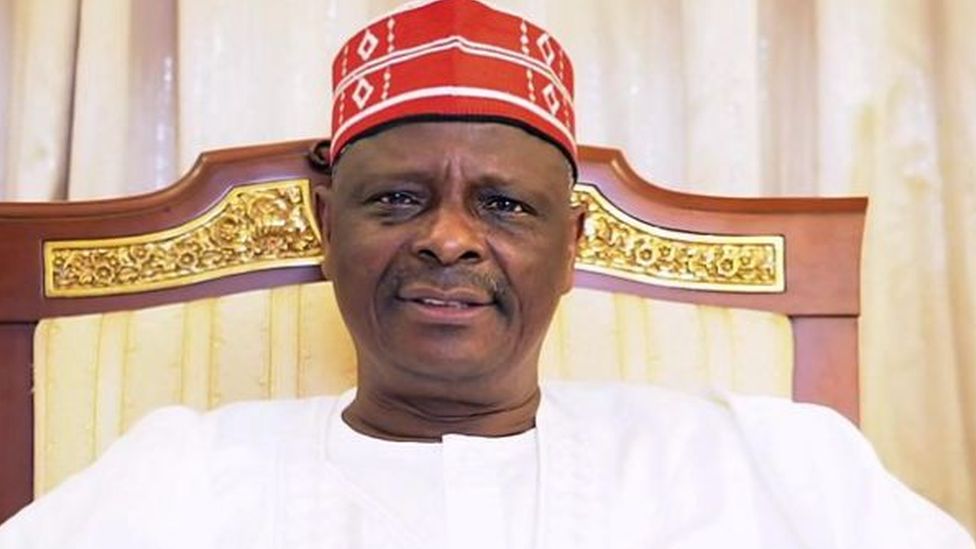The New Nigeria People’s Party (NNPP) has formally distanced itself from its former presidential candidate, Senator Rabiu Kwankwaso, and issued a public apology to President Bola Tinubu and the ruling All Progressives Congress (APC) for Kwankwaso’s recent verbal attacks against them. The party’s National Publicity Secretary, Dr. Oginni Olaposi, released a statement unequivocally condemning Kwankwaso’s actions and reiterating the party’s expulsion of the former Kano State governor. The NNPP emphasized that Kwankwaso no longer speaks for the party and urged the public and media to cease associating him with the NNPP. The apology underscores a significant rupture within the NNPP and signals a shift in the party’s political strategy.
The core of the NNPP’s statement focuses on disavowing Kwankwaso’s criticisms of President Tinubu and the APC. Olaposi described Kwankwaso’s words as “unwarranted insults, abuse, and maligning statements” and stressed that these views are solely Kwankwaso’s and do not represent the NNPP’s position. This clear and decisive denunciation aims to repair any damage Kwankwaso’s statements may have caused to the relationship between the NNPP and the ruling party. The party’s leadership, under Dr. Boniface Aniebonam, seeks to project an image of constructive engagement in national development, contrasting it with what they perceive as Kwankwaso’s reckless political attacks.
The NNPP also highlighted the formal termination of its Memorandum of Understanding (MOU) with the Kwankwasiya Movement, the political group led by Kwankwaso. This severed the remaining formal ties between the party and Kwankwaso, solidifying his expulsion. The party insisted that Kwankwaso has no authority to speak on its behalf or use its platform to launch political attacks. This assertion aims to clarify the party’s structure and leadership, emphasizing that Kwankwaso is no longer a part of the NNPP’s decision-making process or its public face.
Furthermore, the NNPP cited multiple court rulings that have upheld Kwankwaso’s expulsion from the party. Referencing judgments from the Abuja High Court, Abia State High Court, and the FCT High Court, the NNPP sought to provide legal backing for its actions and further solidify Kwankwaso’s separation from the party. This legal underpinning strengthens the NNPP’s argument that Kwankwaso’s continued association with the party is illegitimate and reinforces their call for him to cease representing himself as an NNPP member.
The NNPP’s statement also offered a potential explanation for Kwankwaso’s attacks, suggesting that he is lashing out due to the defection of his followers to the APC. By framing Kwankwaso’s actions as a response to dwindling support, the NNPP attempts to portray him as a disgruntled politician acting out of personal frustration rather than principled opposition. This narrative seeks to undermine the credibility of Kwankwaso’s criticisms and portray him as a diminishing political force.
In conclusion, the NNPP’s public apology and disavowal of Kwankwaso represent a significant political development. The party has taken decisive steps to distance itself from its former presidential candidate, emphasizing his expulsion and the termination of their formal agreement. By condemning Kwankwaso’s attacks and attributing them to personal grievances, the NNPP aims to protect its image and rebuild its relationship with the ruling party. This move signals a potential shift in the NNPP’s political strategy, focusing on constructive engagement rather than confrontational politics. The party’s future direction and its ability to navigate the fallout from this public break with a prominent figure will undoubtedly shape its political trajectory in the coming months and years.


